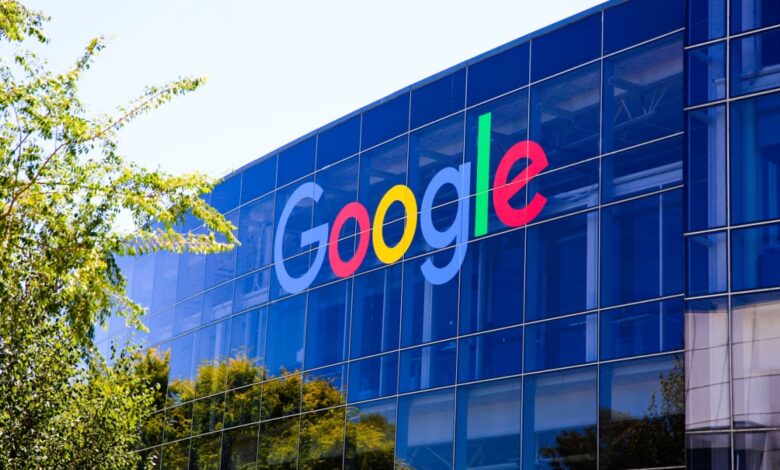Alphabet Q3 Earnings: Company Misses on Top and Bottom as YouTube Ad Revenue Comes Up Short
Google's parent company, Alphabet, released its Q3 earnings on Tuesday, missing Wall Street's expectations on its top and bottom line results.

Another earnings season is upon us, with the largest of the big tech titans reporting its third-quarter financial results. Google’s parent company, Alphabet (NASDAQ: GOOGL), released its Q3 2022 earnings on Tuesday, missing Wall Street’s expectations on its top and bottom line results, thanks to YouTube’s ad revenue coming in $400 million below forecasts.
Microsoft (NASDAQ: MSFT) started the season off on a positive note, beating analyst expectations on both revenue ($50.1B reported vs $49.7B expected) and EPS ($2.35 reported vs $2.29 expected).
Next to report Q3 earnings was Alphabet, the parent company of Google and YouTube. While revenue grew by 6%, this was the lowest growth the company has reported to date. Unfortunately, Alphabet is widely considered to have struck out, missing revenue ($57.3B reported vs $58.2B expected) and EPS ($1.06 reported vs $1.25 expected).
While Alphabet is commonly considered a tech company, it might be more accurate to call it an advertising company, as most of its revenues (>80%) come from advertisements on YouTube and Google. This overreliance on ad revenue caused Alphabet’s earnings to miss; throughout 2022, companies have been slashing their advertising spending to lower costs ahead of an expected recession. YouTube ad revenues came in $400 million short of expectations, the largest miss among Alphabet’s many divisions.
It has also been reported that the company is cutting costs by cancelling projects at its Area 120 incubator, which invests in tech startups and provides them with the resources to develop their business.
Investors were less than thrilled about Alphabet’s results, as evidenced by the 6% drop in the share price. With a recession looking increasingly likely, companies will continue to cut advertising spending, further cutting into Alphabet’s revenues and profits. While this period of economic distress will pass and ad spending will pick back up, this situation demonstrates the need for the company to expand their business beyond ad revenue, accounting for 80% of sales.
Read Next: Why Alphabet’s New ‘Willow’ Chip is Being Hailed as a Major Quantum Computing Breakthrough
Subscribe to our Free Email Newsletter to receive our weekly in-depth market analysis and winning stock picks delivered directly to your inbox.
Join the Discussion in the WVC Facebook Investor Group
Do you have a stock tip or news story suggestion? Please email us at: invest@wealthyvc.com.
Disclaimer: Wealthy VC does not hold a position in any of the stocks, ETFs or cryptocurrencies mentioned in this article.




